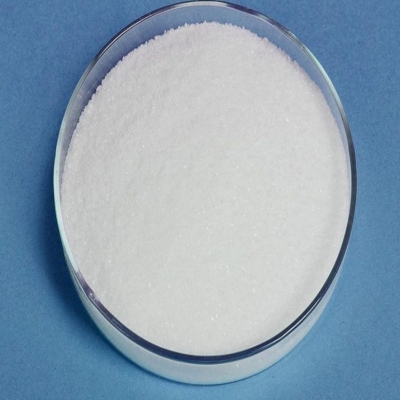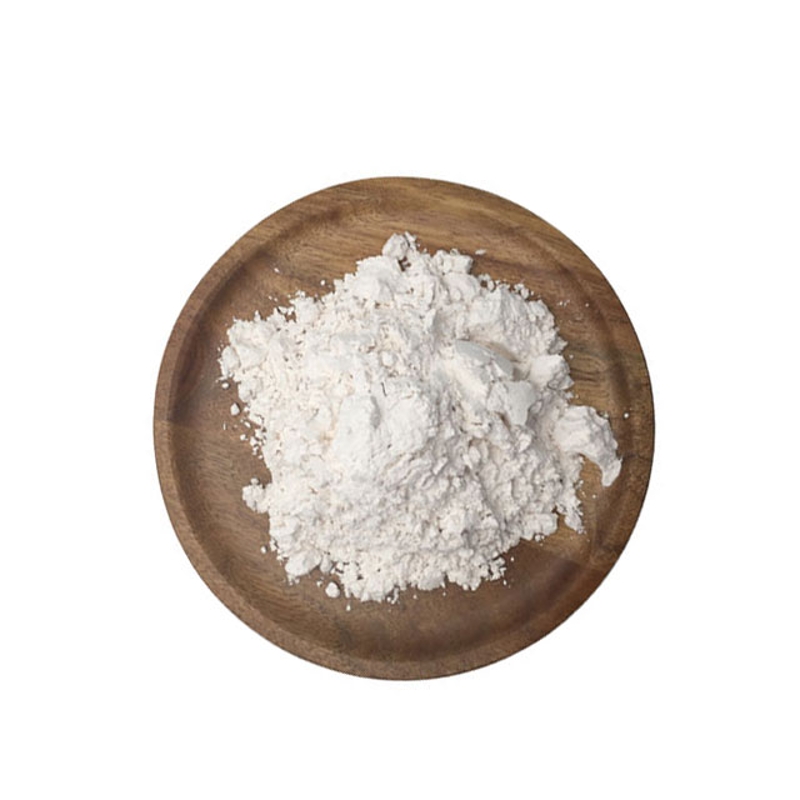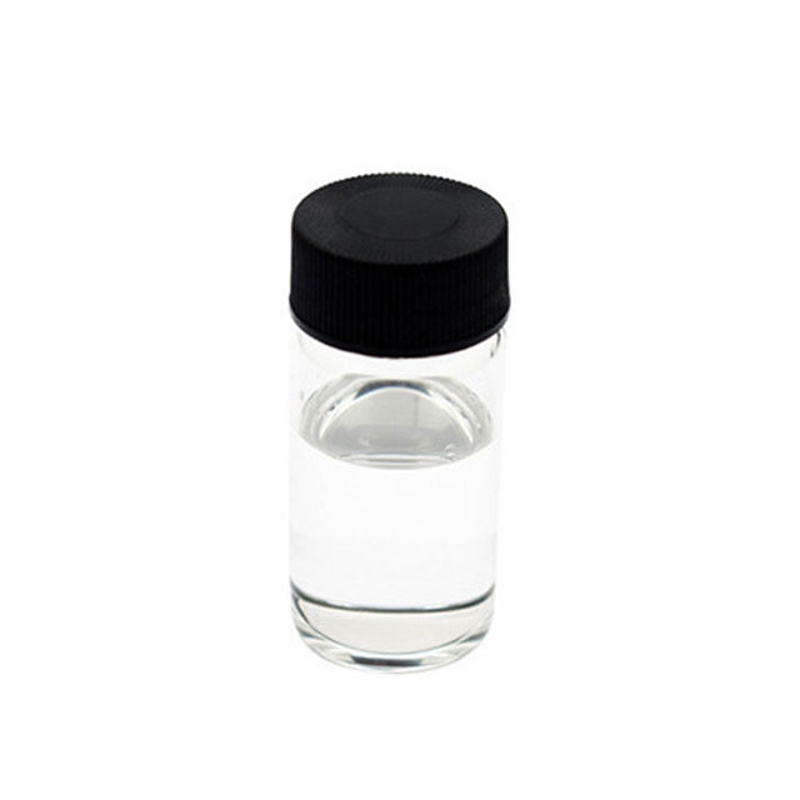FDA accepts application for license to supplement biologics for Perilife's warranty combination of multiple myeloma therapy
-
Last Update: 2020-06-11
-
Source: Internet
-
Author: User
Search more information of high quality chemicals, good prices and reliable suppliers, visit
www.echemi.com
multiple myeloma is blood cancer caused by plasma cell cancer in the bone marrowThe normal function of pulp cells is to produce antibodies that help identify and eliminate germsBut not only are cancerous plasma cells not able to produce beneficial antibodies, but also accumulate and produce abnormal proteins in the bone marrow, leading to complicationsrecently, BMS(announced that the U.SFDA(accepted the company's application for a supplementary biologic license (sBLA) for empliciti and pomalidomide and low-dose dexamethason.)this combination of therapies will be used to treat patients who have received at least two pre-treatment separing/incursive multiple myeloma (RRMM) patients, including lenalidomide and protease inhibitorsThe FDA also qualified for the preferred review, meaning the combination is expected to be approved by December 27elotuzumabElotuzumab is an immunoactive antibody against THE SUPPRESSF7 glycoprotein expressed on the surface of myeloma cells and natural killer cellsElotuzumab can activate natural killer cells by activating the SLAMF7 signaling pathway, but by combining with SLAMF7 on the surface of myeloma, it can label these tumor cells so that natural killer cells can destroy them through the cytotoxicity of antibody mediarelated research
the application is based on a randomized clinical phase 2trial(t-3)In this trial, 117 RRMM patients were treated with EPd or Pd combination therapy results showed that patients treated with EPd had a 46% reduced risk of disease deterioration compared to the Pd group The average non-progressive life span (PFS) in patients in the EPd group was 10.3 months and pfS in the Pd group was 4.7 months It is important to note that this combination of therapies brings improvements in PFS to patients independentof the number of pre-treatments patients receive The improvement in PFS was almost the same for patients receiving 2-3 pre-treatment treatments and for patients with 4-5 pre-treatments
This article is an English version of an article which is originally in the Chinese language on echemi.com and is provided for information purposes only.
This website makes no representation or warranty of any kind, either expressed or implied, as to the accuracy, completeness ownership or reliability of
the article or any translations thereof. If you have any concerns or complaints relating to the article, please send an email, providing a detailed
description of the concern or complaint, to
service@echemi.com. A staff member will contact you within 5 working days. Once verified, infringing content
will be removed immediately.







